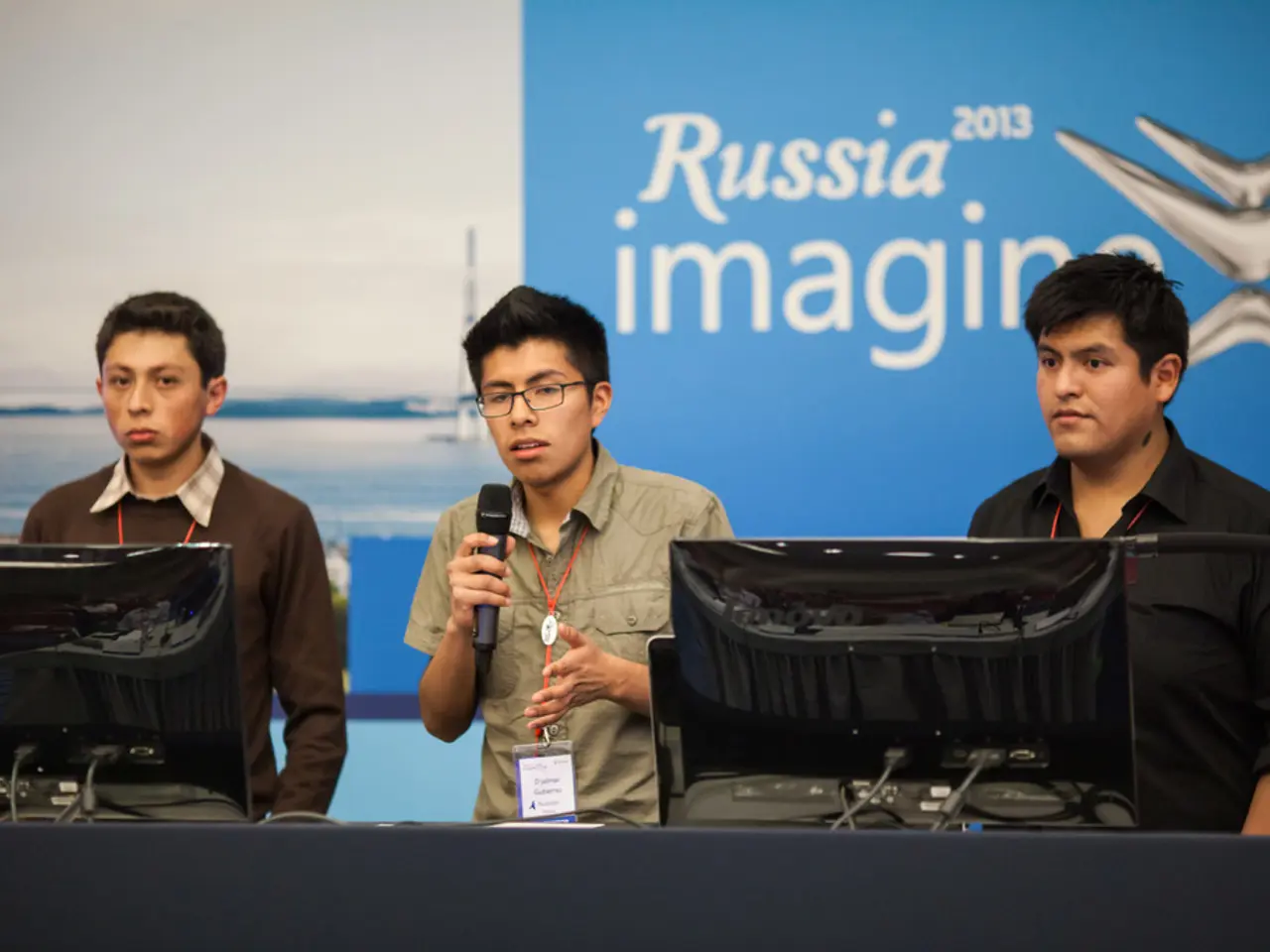Affluent individuals share similar views on the subject.
In a recent study conducted by the Higher School of Economics, it was revealed that wealthy Russians, defined as those earning 180,000 rubles per month per household member, account for a third of all income in the country. Despite their significant contribution to the economy, these high-income individuals are part of a highly unequal society.
The study found that almost two-thirds (59%) of this social group rate their social position as not very high. This suggests that wealth does not necessarily equate to a high social standing in Russia. In fact, the study concludes that wealthy Russians do not feel wealthy and believe that inequality in the country is growing against them.
Income inequality is the most pressing issue for high-income Russians, with 57% citing it as a concern. Housing inequality is the second most pressing issue (50%), followed by inequality in leisure activities (43%). The Gini coefficient in Russia slightly increased in 2024 to 0.408 from 0.405 in 2023, further highlighting the issue of income disparities.
Interestingly, if their income doubled, high-income Russians would spend more on medical services (39%), travel and vacations (62%), and children's education (51%). A third would also invest in business. However, only a third of wealthy Russians consider themselves to meet the standard of living of wealthy Russians, with many aspiring to earn 500,000 rubles per month to be considered truly wealthy.
The attitudes of high-income Russians toward inequality tend to be pragmatic or disengaged. They benefit from the system and often have little incentive to support policies that would significantly alter wealth distribution. The systemic corruption and oligarchic control in Russia have entrenched this divide, fostering a society where wealth and influence are deeply intertwined and income inequality is accepted as part of the status quo.
Despite their high income, wealthy Russians generally rate their lives an average of eight out of ten. However, most (64%) of this group feel that they do not meet the "wealth" norm, while the rest consider their incomes to be within acceptable limits. This suggests a dissatisfaction with their current financial situation, despite their high standing in society.
In summary, wealthy Russians tend to see wealth as a sign of success and expect to sustain or increase it, while income inequality is pronounced and largely tolerated or rationalized due to the oligarchic and kleptocratic economic structure dominating Russia. This situation is shaped by a powerful oligarchy and kleptocracy, where a small group of elites controls a large portion of the economy, often leveraging political influence to preserve their wealth and privileges. This concentration of wealth and political power is seen as detrimental to broader national development, but wealthy Russians typically prioritize stability that protects their interests over addressing inequality.
- High-income Russians are more concerned with income inequality (57%) compared to housing inequality (50%) or inequality in leisure activities (43%), as indicated by the study.
- Personal growth and education-and-self-development seem to be significant for wealthy Russians, as a third would invest in business if their income doubled, and a majority aspire to earn 500,000 rubles per month to be considered truly wealthy.
- Wealth management and personal-finance play a crucial role in the lives of wealthy Russians, as the study shows that they prioritize spending more on medical services, travel, vacations, and children's education if their income increases.




